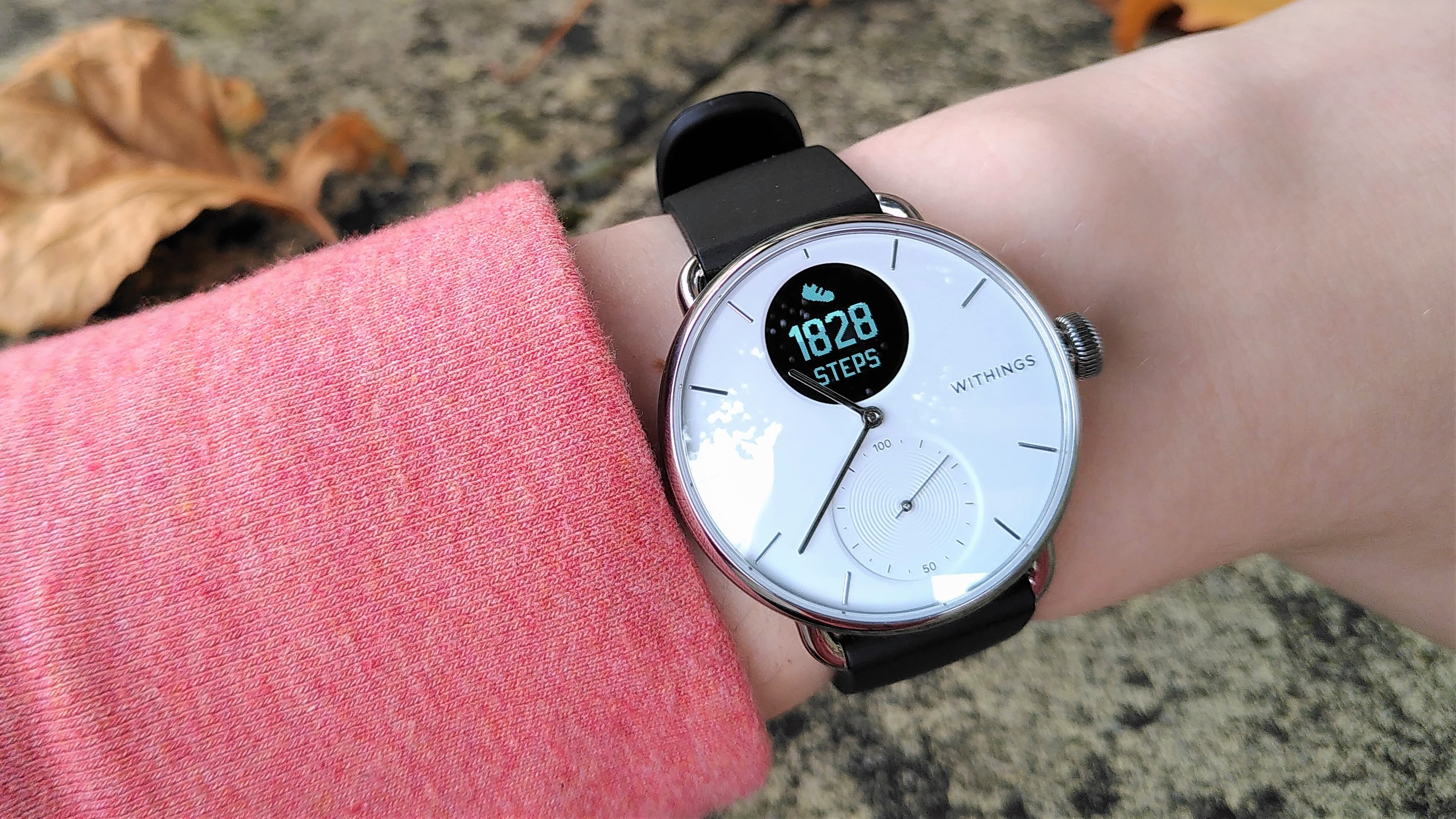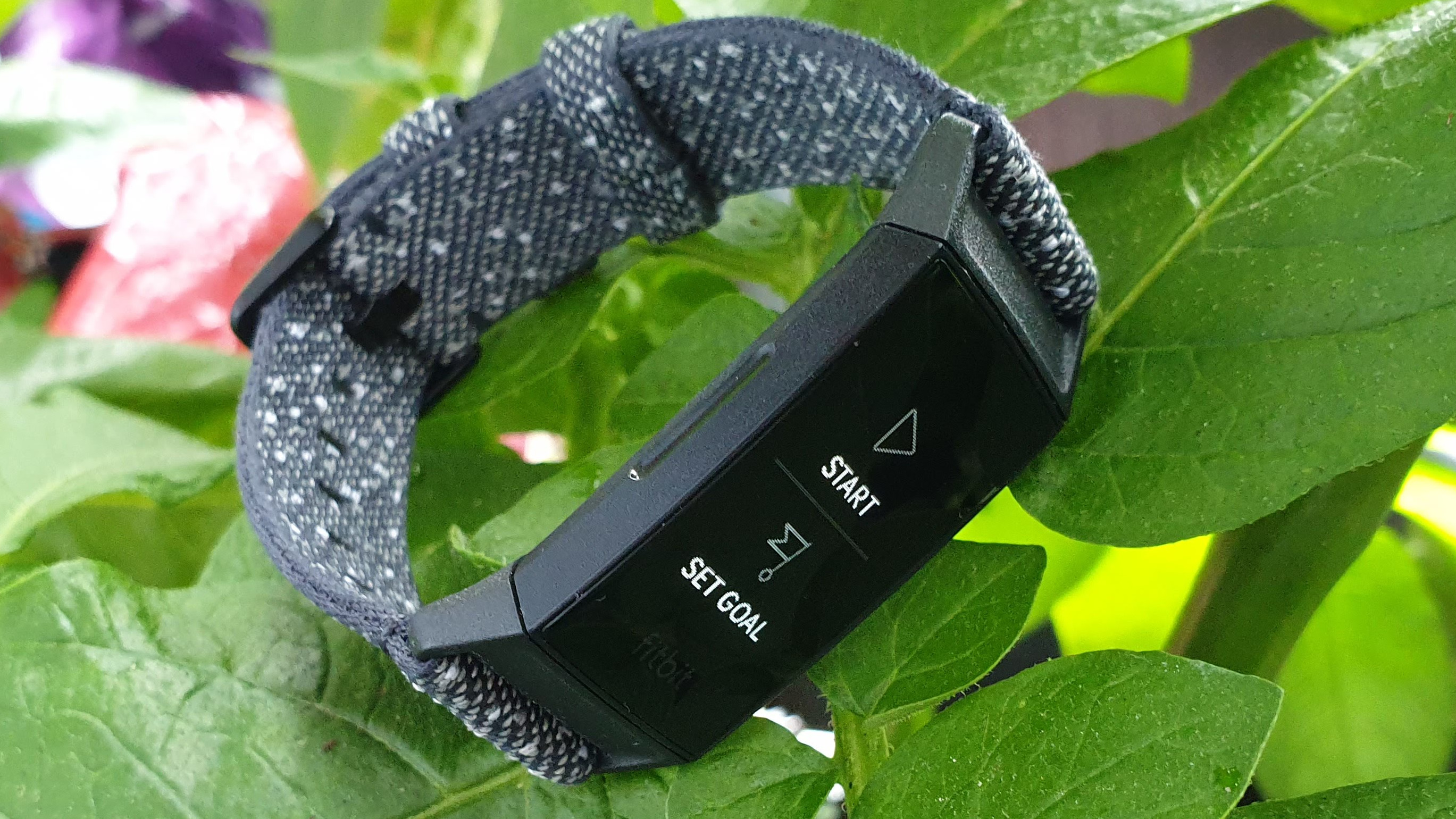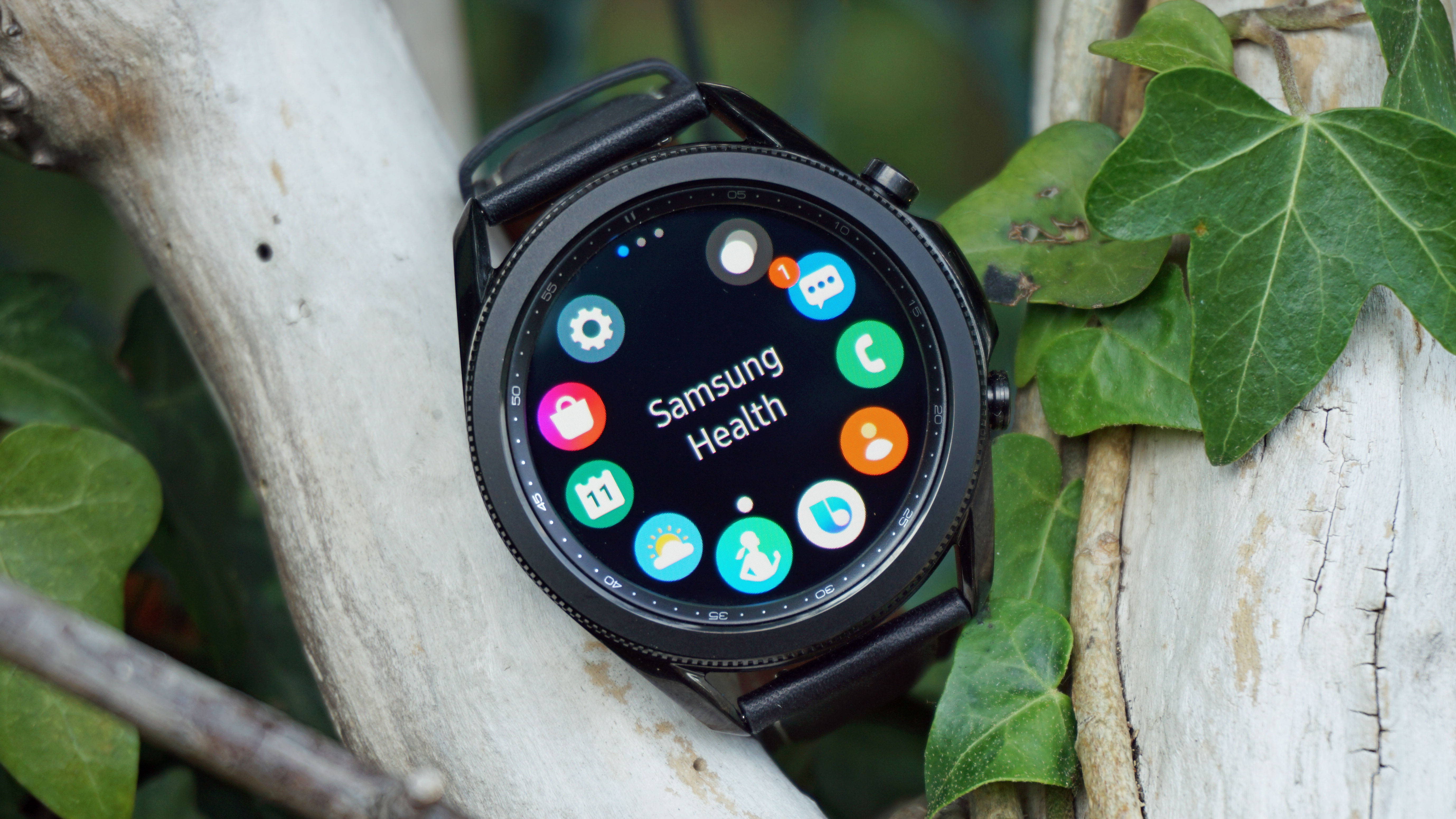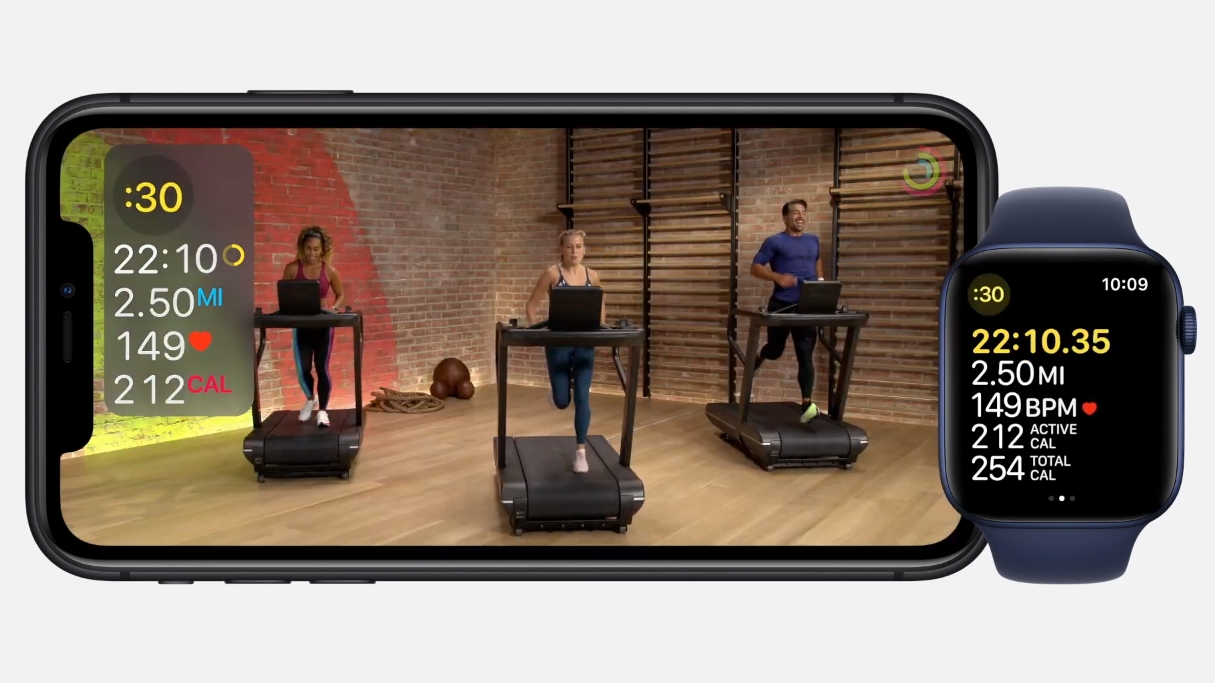2020 has not been a normal year for any of us, we think it’s fair to say. Though in spite of having to spend a little more time indoors than usual and maybe putting some plans on hold, the pause button certainly wasn’t hit in the wearable world.
In fact, it felt like we saw more smartwatches and fitness trackers launch this year than we’ve seen in previous years, as the big names sought to cement their place as the top picks and others entered the space for the very first time.
Apple and Samsung still managed to usher out new flagship smartwatches. Huawei grew its wearable presence too, and despite the hold up in being bought up by Google, Fitbit had plenty of new devices to talk about as well. We also saw debut watches from the likes of Oppo, Wahoo and Realme.
Not only has it been one of the busiest years for wearable launches, it’s arguably been the most important, where watches and trackers helped us stay in touch and keep closer tabs on our own health and fitness.
We’ve taken some time to digest just what has happened this year and pinpoint those big moments that made this such an important year for wearables. We picked out the launches, announcements and talking points that defined 2020 in wearables.
January to March: Withings ScanWatch and Huawei Watch GT 2 gets sporty

The year in tech as always is signaled by the first major tech expo of the year that is CES. While we weren’t exactly drowning in smartwatch announcements, the moves that were made, gave us a taste of what was to come for the rest of the year. Withings, who were still in the process of trying to get back to its innovative roots after the whole Nokia episode, offered the headline smartwatch story of the show with the unveiling of the Withings ScanWatch.
The typically sleek-looking hybrid followed Apple in bringing an ECG to the wrist, offering the ability to take medical grade heart rate measurements to help detect signs associated with serious heart health issues like atrial fibrillation. Withings had to seek out the appropriate regulatory approval to launch it, which did finally happen in Europe later in the year. A US release is still pending, however.
Along with the ScanWatch, Huami kicked off 2020 with the first of its many Amazfit smartwatches it would serve up for the rest of the year. One of the first one the scene was the Amazfit T-Rex, a smartwatch that had nothing to do with dinosaurs, but everything to do with offering a watch built for the outdoors that didn’t cost a whole lot of money. The T-Rex was also joined by the Bip S, its truly budget smartwatch that spawned a number of different versions that also launched this year.
February was a bit of a quiet month for wearables as that pandemic feeling started to creep in and it took until March to see more new watch announcements despite the world being forced to spend more time indoors and physical events being canned. The Swatch Group, whose CEO famously called the Apple Watch a gimmick, finally unveiled its first smartwatch to run on its own in-house developed operating system in the form of the Tissot T-Touch Connect Solar. It’s unveiling coincided with reports suggesting the Apple Watch had taken a big bite into the sales of Swiss-made watches.
Huawei also made moves as its share of the smartwatch market continued to grow and it unveiled the Huawei Watch GT 2e. While not that dramatically different from the Watch GT 2, it did offer a more workout-friendly look with an even more affordable price tag,
As the world started to get used to that lockdown life, our behavior towards working out and staying active unsurprisingly changed. Fitbit was one of the first wearable makers to let us know just how much the landscape had changed in what would set the tone for many for the rest of 2020.
April to June: Fitbit Charge 4, Apple gets sleepy and Samsung ups the pressure

Into the middle of the year and the pandemic is still very much with us, Fitbit though decided that while we are spending more time indoors it was a good time to launch its first fitness tracker with built-in GPS. The Fitbit Charge 4 added the ability to better map outdoor exercise without leaning on a smartphone. It was something of a surprise announcement especially given many had expected Google’s acquisition of Fitbit would've been wrapped up by this point. As things stand though, it’s still a deal that’s being scrutinized by regulators.
The pandemic didn’t put off Polar either who also decided it was a good time to launch the Grit X, it’s very first outdoor watch. Cheaper than Garmin’s feature-rich family of Fenix outdoor watches, it introduced innovative features like the ability to better track your hilly terrain and help you fuel your body right on those extended trail runs and big bike outings.
Apple’s WWDC went digital as so many other events were forced to and it was ready to talk about watchOS 7, the latest iteration of its operating system for the Apple Watch. The big news was the arrival (finally) of a native sleep tracking app. We also got richer fitness powers and even a handwashing app to make sure you were making cleanliness a top priority.
While all seemed a little quiet on the Wear OS front aside from a couple of new watches from Fossil Group brands, Qualcomm looked to give the platform a shot in the arm with the unveiling of its Snapdragon 4100+ Wear platform. Like previous Qualcomm processors built for smartwatches running on Google’s operating system, it sought to bring bigger performance and battery improvements than before. The TicWatch Pro 3 was also named as one of the first watches to benefit from the new Snapdragon powers, though kept us waiting until September to get our hands on it.
With Apple making big moves to turn its smartwatch into a serious health monitoring tool, Samsung was doing something similar and was given approval for a feature the Apple Watch doesn’t have yet; Measuring your blood pressure. It completed its trials that allowed users of its Galaxy Watch Active 2 and the as yet unannounced Galaxy Watch 3 smartwatches to calibrate the watch with a traditional blood pressure monitor before making it possible to take readings just from its smartwatch.
There was also growing news from the budget end of the smartwatch market in what will no doubt become an even more competitive space in 2021. Oppo spin-off Realme entered the smartwatch fray with its Realme Watch. This wasn’t the first budget smartwatch to drop in 2020. Xiaomi, Mobvoi, Redmi and Huami’s Amazfit made the choice to pick up an option on a budget all that more difficult.
July to September: Samsung Galaxy Watch 3, Apple Watch Series 6 and Fitbit Sense

Just like in previous years, this period of 2020 was all about the big names stepping up to the plate.
Before Apple, Samsung and Fitbit played their cards, newcomer Oppo decided to launch its first smartwatch globally. The clearly Apple Watch-inspired Oppo Watch had been announced earlier in the year initially with a China release only. It took a while longer for it to be up for grabs elsewhere with the smaller Oppo Watch launching first and the larger, LTE-packing version arriving at the end of 2020.
In all things sports watches, Garmin went bigger on solar power with the launch of the Instinct Solar and Fenix 6 Solar watches. It wanted to give us more time to track runs, swims, hikes and more outdoor pursuits and its use of those sun-soaking skills particularly on the Instinct provide an exciting glimpse of what’s possible with achieving that dream of self-charging smartwatches.
Then came the big boys and first up was Samsung and the launch of the Galaxy Watch 3, not the Watch 2 as some may have expected it to be called. A naming move made it seems as not to cause confusion with the Galaxy Watch Active 2. It arrived in two sizes with tweaked designs, advanced running metrics and big health features in the shape of ECG, blood pressure monitoring and an SpO2 sensor to measure blood oxygen levels.
Next up was Fitbit. With that Google deal still in the balance, it pushed on with new smartwatches introducing the Fitbit Versa 3 and a new line, the Fitbit Sense. With its debut Ionic smartwatch effectively retired, its mass appeal smartwatch inherited its built-in GPS powers, new fast-charging technology to give it a battery boost and added support for Google Assistant.
It was the Sense though that was the real story here as Fitbit’s health watch sought to let wearers more accurately track their heart with an ECG sensor, delve deeper into stress and it introduced a skin temperature sensor to let you monitor body temperature during sleep.
Then it was time for Apple to talk as it decided to unveil two new smartwatches. The Apple Watch Series 6 arrived as the natural successor of the Series 5 introducing an SpO2 sensor to measure blood oxygen levels, a brighter always-on display, a performance boost courtesy of its S6 processor and an altimeter to better track your elevated moves.
It was the introduction of Apple Watch SE though that caused a stir. While not as cheap as the Apple Watch Series 3, it offered the same look as the Series 6 dropping the ECG, SpO2 while it remained powered by the older S5 chip like the Series 5. While for some the Series 6 might not have caused a sudden urge to upgrade, the SE offered largely the same experience at a far more attractive price.
October to December: Apple Fitness Plus lands and Wahoo launches a Garmin rival

In the lead up to Christmas and a year we were all largely read to put behind us, Huami was not done with smartwatch launches. It pushed out its Amazfit GTS 2 and GTR 2 duo with features like online and offline voice assistants and richer music features.
That certainly helped to bring it more into the conversation with affordable watches from the likes Fitbit, Samsung and Google’s more price-friendly Wear OS watches. It also managed to squeeze in successors in the form of the GTS 2e and GTR 2e, though they’ll be China only releases that may well end up showing up elsewhere in early 2021.
Wahoo, who no doubt found its indoor bike gear put to good use over the last twelve months finally decided to dip its toes into the sports watch waters by unveiling the Elemnt Rival. The triathlon-centric Rival arrived with features like touchless transitions and better integration for Wahoo’s bike computers to make it more useful on race day. Wahoo also made promises to add features through software updates that should help make it a better rival for Garmin and Polar.
It was probably apt that it was Apple that had the final say in a year where if there’s one thing we had to get used to, it was exercising more at home. It launched Fitness Plus, its Apple Watch-centric fitness service that was finally ready to help people stay active.
Granted that’s happened just before the festive indulging is done, but it’s a platform that shows good early promise and like Apple, one we think we’ll be hearing more about in 2021 that’s for sure.
from TechRadar - All the latest technology news https://ift.tt/3hzzpqX
